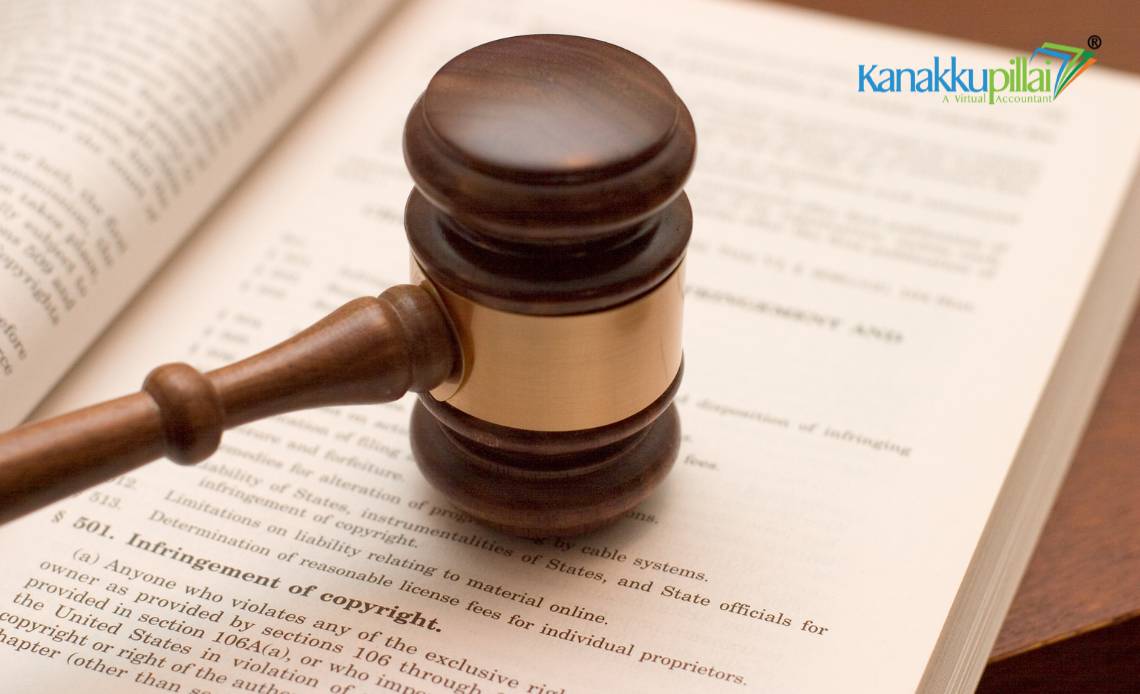Trademarks are important assets for companies as they grant them sole ownership over brand names, logos, and symbols. Trademark laws in India are created to stop the illegal use of registered trademarks and ensure the rights of legitimate owners. Trademark infringement is still a major issue that results in legal consequences, fines, and imprisonment in extreme situations. This article covers the legal provision, punishment, and repercussions of trademark infringement in India, giving an exhaustive analysis of the law.
Introduction
A trademark is an exclusive symbol, sign, word, or phrase that distinguishes an organization’s goods or services from those of another organization. Trademarks are safeguarded under Indian law through the Trademarks Act, 1999, and relief against unauthorized use. The central objective of trademark law is to prevent unfair competition and confusion among consumers.
Trademark infringement is the application of a registered trademark or an extremely similar mark by an entity without the approval of the owner, and it can potentially result in legal proceedings. Since trademarks are of significant business value, the Indian judicial system has stringent laws for penalizing infringers and safeguarding businesses.
Legal Framework for Trademark Infringement in India
The Trademarks Act, 1999 regulates trademark law in India and states the punishment for infringement. Infringement is defined by it as unauthorized use of a registered trademark which is identical or deceptively similar to a prior existing trademark.
Types of Trademark Infringement
- Direct Infringement – When one party makes use of a trademark identical or deceptively similar to a registered mark without permission from the owner.
- Indirect Infringement – Where a person or entity aids or abets the unauthorized use of a registered trademark.
In order to prove infringement, the owner must be able to demonstrate that the infringing mark has a likelihood of causing any confusion with the registered mark and that it is being used in commerce.
Penalties for Trademark Infringement in India
The infringement of trademarks in India is a criminal act under Sections 103 and 104 of the Trademarks Act of 1999. The punishments are as follows-
- Monetary Fine – An infringer may be imposed a fine between Rs 50,000 to Rs 2,00,000 depending on the seriousness of the violation. The court takes into account the character of the violation, loss of money caused, and whether the act was intentional.
- Imprisonment – Upon being convicted of trademark infringement, such a person can be imprisoned for a term between six months and three years. This ought to be a deterrent against the unauthorized use of registered marks by businesses.
- Forfeiture of Infringing Goods – Under Section 135 of the Trademarks Act, 1999, courts can forfeit and seize infringing goods or counterfeit articles. In this way, this can prevent their future sale or circulation in the marketplace.
- Injunctions and Civil Remedies – Infringement may be brought by civil remedies where injunctions may be applied to stop the unauthorized use by restraining the infringer. Damages or accounts of profits can be ordered by the court whereby the infringer would pay for whatever loss suffered by the owner of the trademark.
- Destruction of Counterfeit Products – In cases involving counterfeit trademarked goods, the courts have the power to order the destruction of the infringing goods to prevent them from re-entering the market and confusing customers.
Ways to Prevent Trademark Infringement
In order to prevent legal repercussions and safeguard a brand, companies should-
- Register Trademarks Early – A registered trademark offers legal protection from infringement.
- Monitor Market Activity – Periodic checks on unauthorized use of trademarks can deter violations.
- Issue Cease-and-Desist Notices – Sending a legal notice to infringers can resolve problems without resorting to court.
- Take Legal action when Required – In case of continuous infringement of the trademarks, requesting a lawsuit guarantees protection of intellectual property rights.
- Use the ™ or ® Symbol – The use of the symbol for a registered trademark deters imitation.
Conclusion
Trademark infringement is a crime in India, punishable by monetary fines, imprisonment, and legal action. The Trademarks Act of 1999 protects companies from approaching the courts of law for redress against infringers and preserves brand identity and consumer trust. With strict punishments and rigorous enforcement, businesses have to take proactive measures in protecting trademarks and seeking legal recourse as and when needed. Through legal understanding and professional legal counseling, corporations are able to secure their trademarks suitably and prevent unnecessary judicial conflicts.
For companies dealing with trademark infringement, obtaining professional legal services is the optimal approach to solve issues in a matter of seconds and safeguard the brand.
Related Services
Trademark Infringement Notice Reply
References
The Trade Marks Act, 1999 (Act No. 47 of 1999)
https://www.ipindia.gov.in/trade-marks.htm
https://tmrsearch.ipindia.gov.in/tmrpublicsearch/
https://ipindiaonline.gov.in/





